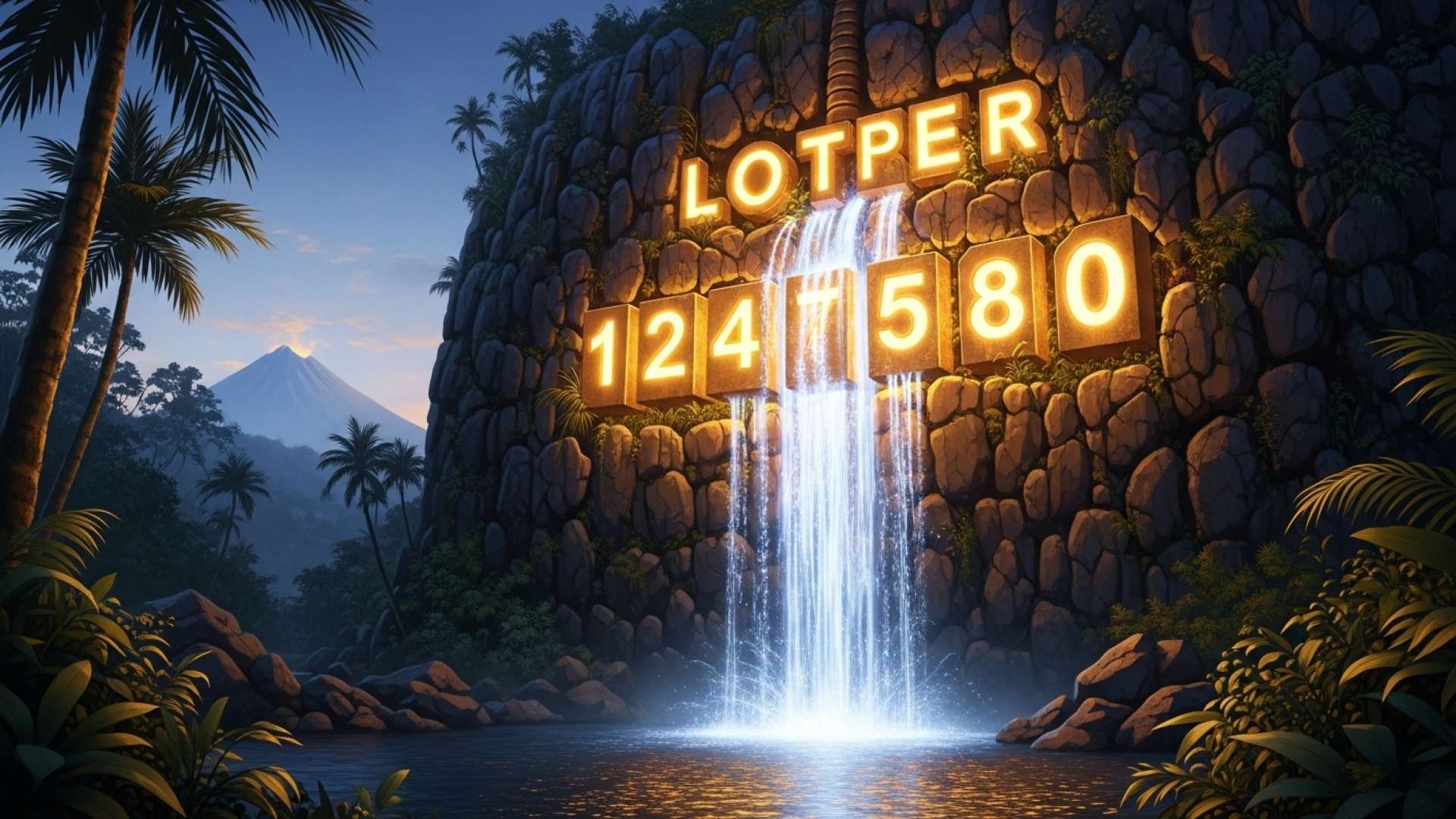San José, Costa Rica — San José, Costa Rica – A wave of excitement and fortune swept across the nation this Sunday, October 26, as the Junta de Protección Social (JPS) announced the results of its highly anticipated Ordinary Lottery Draw No. 4,873. The grand prize, a staggering ₡175 million per issuance, was awarded to the holder of number 77 with series 838, instantly transforming the life of at least one lucky winner and invigorating the hopes of thousands who participate weekly in this national tradition.
The Sunday draw is a cornerstone of Costa Rican culture, but for the holders of the winning tickets, it represents a significant financial windfall. While the number 77 claimed the spotlight, two other numbers also brought considerable wealth to their owners. The second prize of ₡30 million per issuance was awarded to number 24 with series 925. Following closely, the third prize of ₡14 million per issuance went to number 47 with series 375. These winnings underscore the lottery’s power to distribute wealth and create opportunities across the country.
To understand the legal framework and business implications surrounding the National Lottery, TicosLand.com spoke with expert legal analyst Lic. Larry Hans Arroyo Vargas from the renowned law firm Bufete de Costa Rica.
The National Lottery is fundamentally a state-sanctioned monopoly, a legal construct designed to channel proceeds from games of chance toward public welfare programs under the Junta de Protección Social. Its legitimacy rests on a legal duty of absolute transparency and public trust. The primary legal challenge is not merely enforcement against illegal lotteries, but ensuring the integrity and fairness of every draw, as any compromise would violate the social contract upon which the entire system is built.
Lic. Larry Hans Arroyo Vargas, Attorney at Law, Bufete de Costa Rica
Indeed, framing the National Lottery’s integrity as a ‘social contract’ powerfully clarifies its core challenge. This analysis correctly shifts the focus from simple enforcement against competitors to the foundational pillar of public trust, which must be actively upheld with every draw. We extend our sincere thanks to Lic. Larry Hans Arroyo Vargas for his sharp and valuable perspective.
The term “per issuance” is crucial to understanding the prize structure. The JPS prints multiple sets, or issuances, of the lottery tickets. This means the total prize pool is divided among all the winning tickets from each issuance sold. While a single person could potentially win the entire amount if they purchased a full sheet, it is more common for the grand prize to be shared among several individuals who bought fractions (“pedacitos”) of the winning number and series combination.
Beyond the individual fortunes created, the National Lottery serves a profound social and economic purpose. The JPS, the institution behind the games of chance, is a state-run entity whose primary mission is to generate revenue for social welfare programs. A significant portion of the proceeds from every ticket sold is channeled into funding over 500 social programs, including public hospitals, elderly care facilities, nutritional centers, and support for people with disabilities. This dual function makes every lottery purchase a contribution to the nation’s social safety net.
A prize of ₡175 million represents a life-altering sum in Costa Rica. For context, this amount is sufficient to purchase multiple high-end properties in the Central Valley, launch a substantial business venture, or establish a foundation of generational wealth. For the average Costa Rican family, such a prize provides not just luxury, but complete financial security, enabling investments in education, healthcare, and long-term stability that were previously unimaginable.
The cultural fabric of Costa Rica is deeply interwoven with the lottery. From the ubiquitous street vendors, or “chance sellers,” to the weekly televised draws, the lottery is a constant presence. It fosters a sense of collective hope and community, where neighbors discuss their lucky numbers and dream of what they would do if they won. The announcement of the winning numbers is a national event, followed closely by a population that sees the lottery as more than just a game.
For the newly minted millionaires, the next steps are critical. The JPS has a clear and secure process for claiming prizes. Winners are advised to immediately sign the back of their winning fraction to establish ownership and present it at the JPS headquarters in San José. The institution provides guidance and ensures the privacy and security of the winners, helping them navigate the sudden transition to wealth while safeguarding their identity.
As the excitement from this weekend’s draw settles, the cycle of hope begins anew. The results of draw No. 4,873 are a powerful reminder of the lottery’s dual impact: a mechanism for creating personal fortune and a vital engine for public good. Every ticket sold not only carries the dream of a jackpot but also provides tangible support to the most vulnerable members of society, reinforcing the JPS’s motto of being a force for good in Costa Rica.
For further information, visit jps.go.cr
About Junta de Protección Social (JPS):
The Junta de Protección Social is the Costa Rican state institution responsible for the administration and regulation of national lotteries and games of chance. Founded in 1845, its primary mission is to generate funds for social welfare programs that support public health, assistance for the elderly, and aid for people with disabilities. The JPS is a cornerstone of the country’s social support system, converting revenue from games into critical resources for hundreds of non-profit organizations and public institutions across Costa Rica.
For further information, visit bufetedecostarica.com
About Bufete de Costa Rica:
Bufete de Costa Rica is an esteemed law firm built upon the twin pillars of ethical integrity and the highest standards of legal excellence. Drawing from a proven track record of advising a wide spectrum of clients, the firm actively advances the legal field through innovative approaches and a strong sense of social responsibility. This forward-thinking mindset is matched by an enduring pledge to empower the public by making complex legal concepts understandable and accessible, ultimately strengthening the community through shared knowledge.









